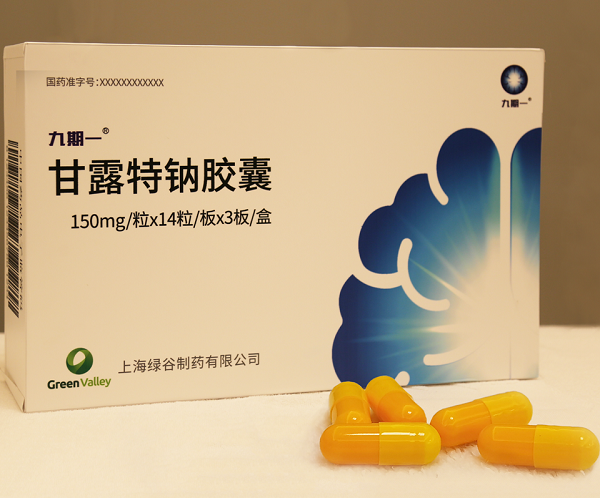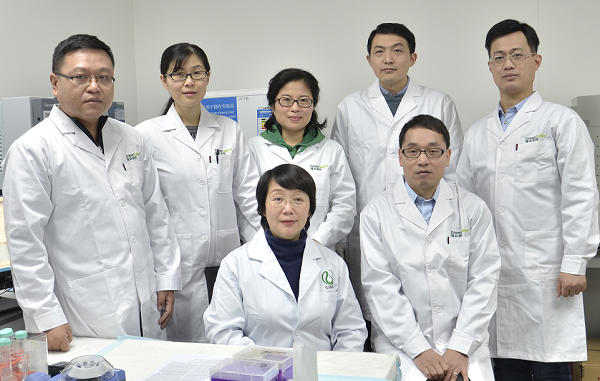Treatment for Alzheimer's available by end of 2019

GV-971, the home-grown drug treating Alzheimer's disease. [Photo provided to chinadaily.com.cn]
A home-grown drug treating Alzheimer's disease, the first innovative drug in this area in the past 17 years globally, will be available to Chinese patients before the end of this year, the medicine developer officially announced on Sunday after the country's drug authority approved its market launch the day before.
The oral drug, GV-971, is the only one out of more than 320 developed by pharmaceutical companies around the globe that succeeded after clinical trials. The drug has been found to be capable of treating mild-to-moderate Alzheimer's disease and can improve cognition, according to the National Medical Products Administration.
The first production line of the drug, which will meet the needs of 2 million patients, will begin within a week, and patients will be able to buy the drugs through sales channels all over the country from Dec 29. More production lines will be put into operation to gradually satisfy market expectation, drug developers said.

Researchers from Green Valley Pharmaceutical Co Ltd pose for a group photo.[Photo provided to chinadaily.com.cn]
The Shanghai Institute of Materia Medica (SIMM) under the Chinese Academy of Sciences, which jointly developed the drug with Ocean University of China and Green Valley Pharmaceutical Co Ltd, after research efforts of 22 years, said that so far, there are five medicines with limited efficacy treating the disease since it was discovered a century ago.
Alzheimer's disease, an irreversible, progressive brain disorder that slowly destroys memory, thinking ability, and the capability to carry out simple tasks, affects about 48 million people worldwide, and the number is expected to increase with the aging population. China has roughly 10 million people suffering from the disease, ranking first in the world.
In July last year, phase III clinical trials of the drug involving 818 patients were completed and "proven to continuously and effectively improve cognition among mild-to-moderate Alzheimer's disease sufferers over a period of nine months," said Geng Meiyu, lead researcher of the drug and a researcher with SIMM.
"Researches so far haven't found addiction and serious toxicity with the therapy," she said.
